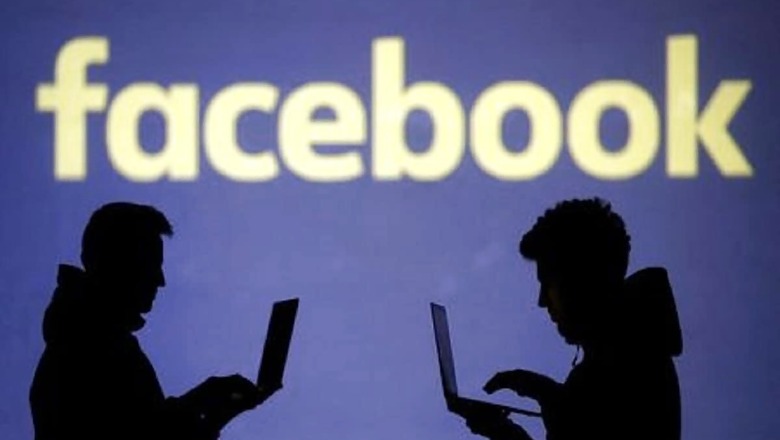
views
Facebook has been assessed as a company that has very clearly abused its dominant market position to kill potential competition, and in turn, stifle the market of social media services by not leaving users with much potential alternatives. The abusive market practices verdict was delivered by the US Congress’ subcommittee on antitrust, commercial and administrative laws, or the House Antitrust Committee. Hearings for USA’s ongoing investigations against tech giants Amazon, Apple, Google and Facebook have taken place multiple times, with the most recent one being held on July 30 – where all the four chief executives of the four technology majors were present in front of the Antitrust Committee chaired by David Cicilline.
Guilty of monopolising
According to the Subcommittee’s report, Facebook was judged to clearly have monopoly power in the market for social network, even after numerous high-ranking Facebook executives attempted multiple times to convince anyone who would listen that they do not consider themselves a monopoly. After assessing internal company communications, the Subcommittee found that the close-to 100 acquisitions made by Facebook after deliberate discussions on cutting out any competition or market threat, and expand or “shore up” Facebook’s market position.
The report also notes Facebook’s controversial acquisition of Instagram, which was followed by the exit of Instagram’s founder Kevin Systrom from the Facebook group citing ideological differences with Facebook’s Mark Zuckerberg. According to an ex-Facebook data scientist Thomas Cunningham’s memo filed for the Facebook hierarchy in October 2018, the latter clearly wanted to subdue Instagram and not have it compete against any of Facebook’s own services, even after its acquisition. This may have seemingly restricted Instagram’s organic growth pace as well.
“Facebook has also maintained its monopoly through a series of anticompetitive business practices. The company used its data advantage to create superior market intelligence to identify nascent competitive threats and then acquire, copy, or kill these firms. Once dominant, Facebook selectively enforced its platform policies based on whether it perceived other companies as competitive threats. In doing so, it advantaged its own services while weakening other firms,” the Subcommittee’s report further noted.
The report finally concludes on Facebook by stating that in the absence of any notable competitor, the quality of Facebook’s platform has deteriorated without any benchmark to keep up against. This has had a direct impact on weakened privacy protocols and a dramatic rise in misinformation on Facebook, all of which have been detrimental for users who do not really have a strong, alternate platform to use outside of Facebook’s many products.
The 449-page report on antitrust and anti-competitive practices by Big Tech firms can be read in full here.




















Comments
0 comment